General Motors (GM) has scrapped plans to develop a self-driving taxi business and is restructuring its approach to the development of advanced driver assistance systems (ADAS).
GM, which owns 90% of the Cruise autonomous vehicle business, will now fold the company into the company’s wider ADAS strategy.
It said the decision to scrap moving into the robotaxi business was due to “the considerable time and resources that would be needed to scale the business, along with an increasingly competitive robotaxi market”.
Mary Barra, chair and chief executive of GM, said: “GM is committed to delivering the best driving experiences to our customers in a disciplined and capital efficient manner.
“Cruise has been an early innovator in autonomy, and the deeper integration of our teams, paired with GM’s strong brands, scale, and manufacturing strength, will help advance our vision for the future of transportation.”
GM is pushing to acquire 100% of the Cruise business and is now working to “restructure and refocus the company’s operations”.
GM no longer has a presence in the UK market after selling its Opel and Vauxhall brands to PSA (before the group became Stellantis) in 2017.
However, the refocus in investment for the automotive giant displays the complexity, competition and funding needed to compete with Silicon Valley in this market area.
Every car manufacturer is working on ADAS technology and is generally further ahead of legislation, which is still playing catch-up.
Alphabet (Google’s parent company) has Waymo, Amazon-backed Zoox and Tesla are all still pushing ahead with their own driverless taxi technology, which they all believe will transform the way people use mobility across the globe.
The UK government has already paved the way for self-driving vehicles to be on British roads by 2026, after its Automated Vehicles (AV) Act became law earlier this year.
Road safety is central to the new legislation, with automated vehicles expected to improve road safety by reducing human error, which the Department for Transport (DfT) says contributes to 88% of road collisions.
The new law will require self-driving vehicles to achieve a level of safety at least as high as careful and competent human drivers, as well as meeting "rigorous" safety checks before being allowed onto roads.

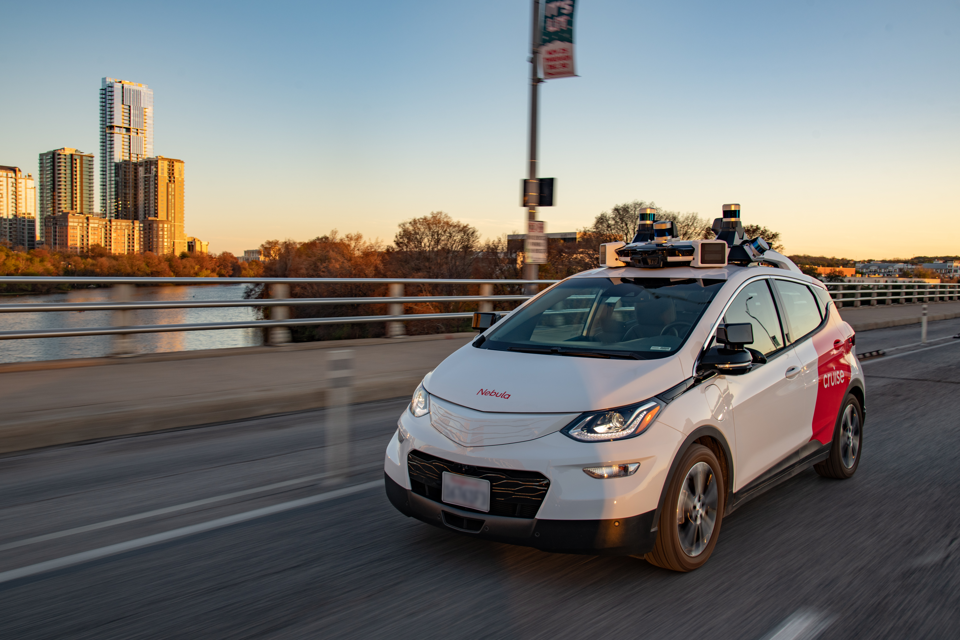



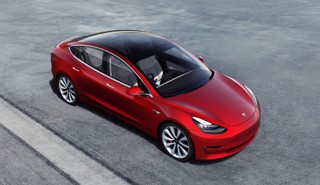
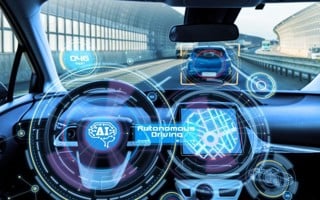
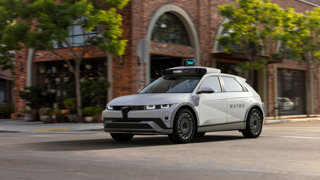
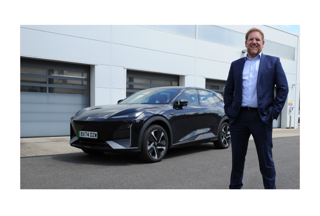











Login to comment
Comments
No comments have been made yet.